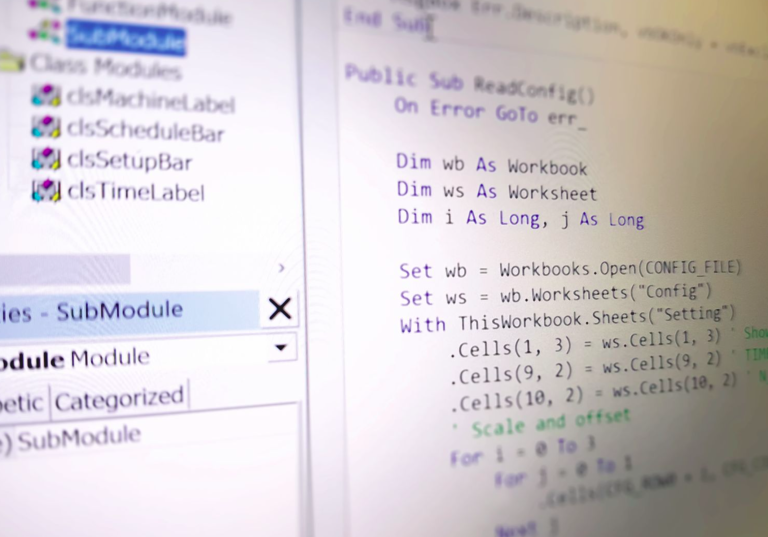AI in Healthcare: Enhancing Medical Imaging 📈
In the ever-evolving landscape of healthcare, artificial intelligence (AI) is emerging as a game-changer, particularly in the realm of medical imaging. From improving diagnostic accuracy to streamlining workflows, AI’s impact on medical imaging is profound and far-reaching. Join me as we explore how AI is transforming this critical field and the benefits it brings to both healthcare professionals and patients.
Table of Contents
1. Introduction to AI in Medical Imaging
2. Improving Diagnostic Accuracy with AI 🧠
3. Streamlining Workflow and Reducing Costs 💼
4. Enhancing Patient Experience 😊
5. Ethical Considerations and Challenges ⚖️
6. Conclusion: The Future of AI in Medical Imaging
7. FAQs
Introduction to AI in Medical Imaging
Medical imaging is a cornerstone of modern healthcare, providing vital insights into the human body that are crucial for diagnosis and treatment. Traditionally, this process has relied heavily on human expertise, with radiologists interpreting images to provide a diagnosis. However, the introduction of AI has begun to revolutionize this process.
Improving Diagnostic Accuracy with AI 🧠
One of the most significant advantages of AI in medical imaging is its ability to enhance diagnostic accuracy. AI algorithms, particularly those based on deep learning, can analyze vast datasets to identify patterns and anomalies that might be missed by the human eye. This capability is particularly valuable in detecting conditions such as tumors, fractures, and other abnormalities at early stages, where timely intervention can make a big difference.
Streamlining Workflow and Reducing Costs 💼
AI doesn’t just improve accuracy; it also makes healthcare more efficient. By automating routine tasks such as image analysis and report generation, AI frees up valuable time for healthcare professionals, allowing them to focus on more complex cases and patient care. This efficiency not only speeds up the diagnostic process but also helps in reducing overall healthcare costs.
Enhancing Patient Experience 😊
For patients, AI in medical imaging translates to quicker diagnosis and more personalized treatment plans. Imagine going to a hospital and getting your results in hours instead of days! This speed and precision improve patient satisfaction and reduce the anxiety associated with waiting for medical results.
Ethical Considerations and Challenges ⚖️
Despite its benefits, the integration of AI in medical imaging is not without challenges. Ethical considerations, such as data privacy and the risk of algorithmic bias, need careful management. Furthermore, the healthcare industry must ensure that AI tools are used as aids rather than replacements for human expertise, maintaining a balance between innovation and trust in traditional medical practices.
Conclusion: The Future of AI in Medical Imaging
The future of AI in medical imaging looks promising, offering an exciting blend of advanced technology and improved healthcare delivery. As AI continues to evolve, its ability to enhance diagnostic accuracy, streamline processes, and improve patient outcomes will become even more pronounced. It is clear that AI is not just a tool but a partner in the healthcare journey, promising a brighter and more efficient future.
FAQs
1. How does AI improve accuracy in medical imaging?
AI improves accuracy by analyzing large datasets to detect patterns and anomalies that may be missed by human eyes, enhancing early detection of conditions.
2. Can AI replace radiologists?
No, AI is intended to complement radiologists by handling routine tasks and enabling them to focus on more complex cases, not replace them.
3. What are the cost implications of integrating AI in medical imaging?
While there is an initial investment, AI ultimately reduces costs by improving efficiency and speeding up the diagnostic process.
4. Are there any ethical concerns with using AI in healthcare?
Yes, ethical concerns include data privacy, algorithmic bias, and ensuring AI is used as an aid, not a replacement for human expertise.
5. How quickly can patients expect results with AI-enhanced medical imaging?
AI can significantly speed up the diagnostic process, often providing results in hours rather than days, improving the overall patient experience.




